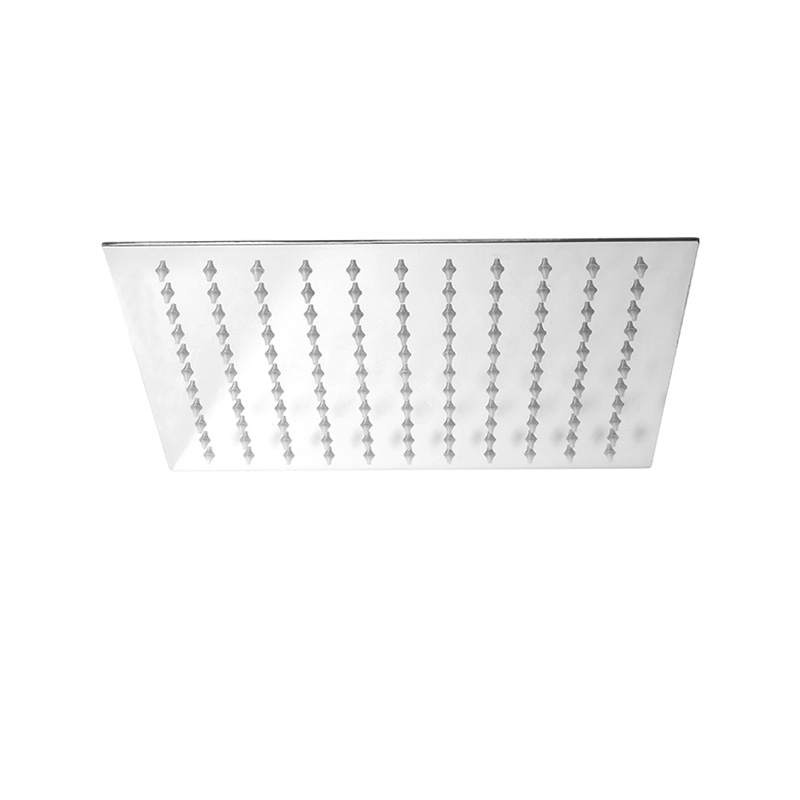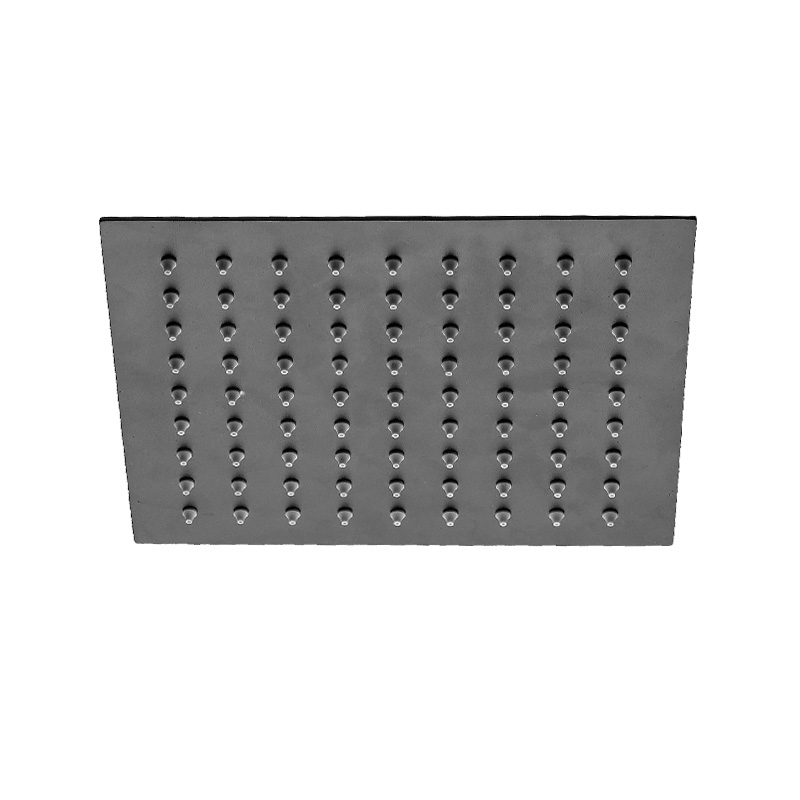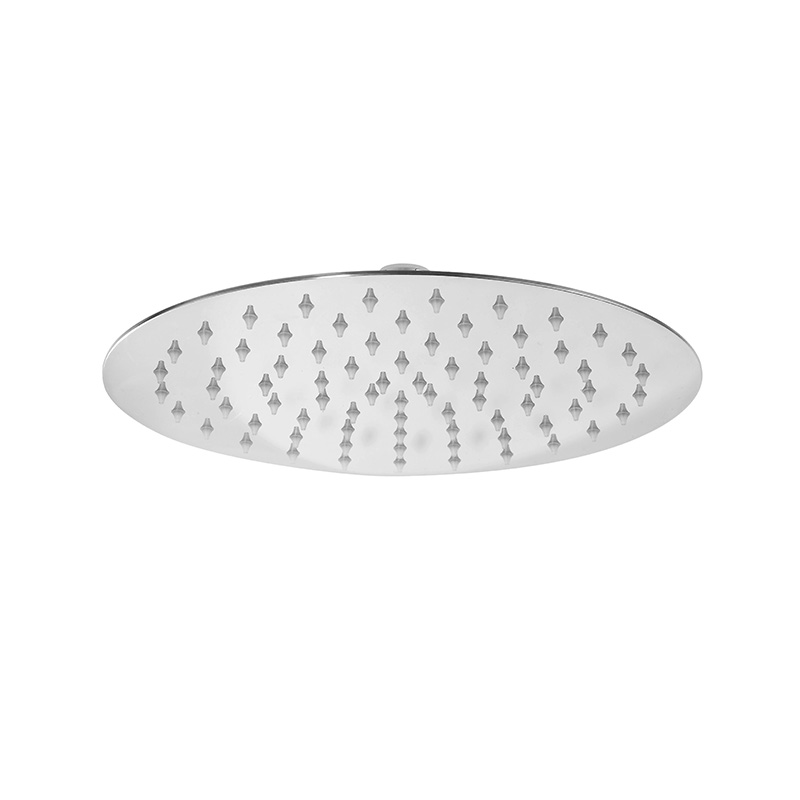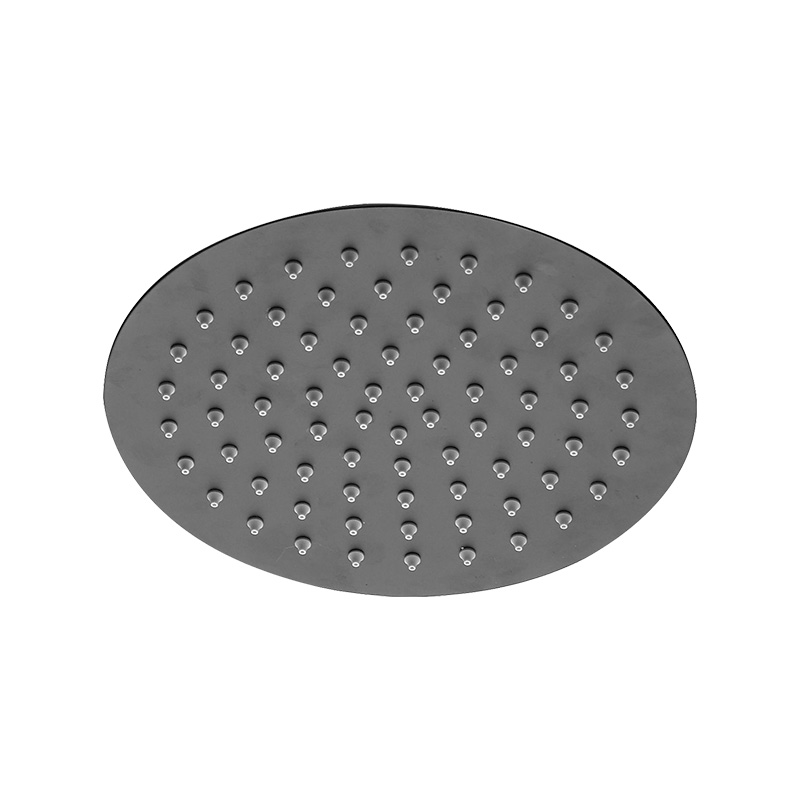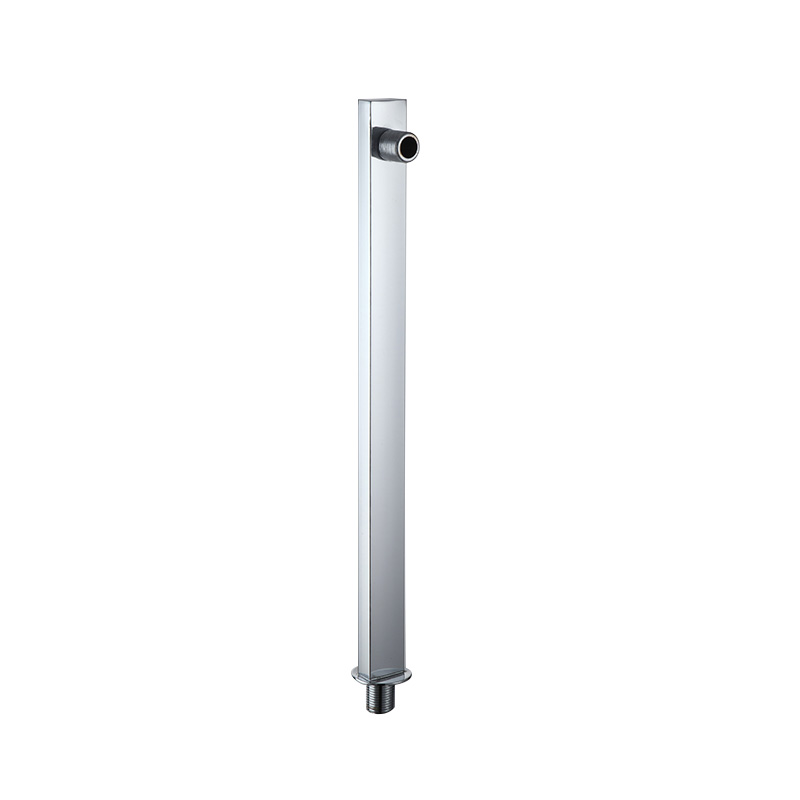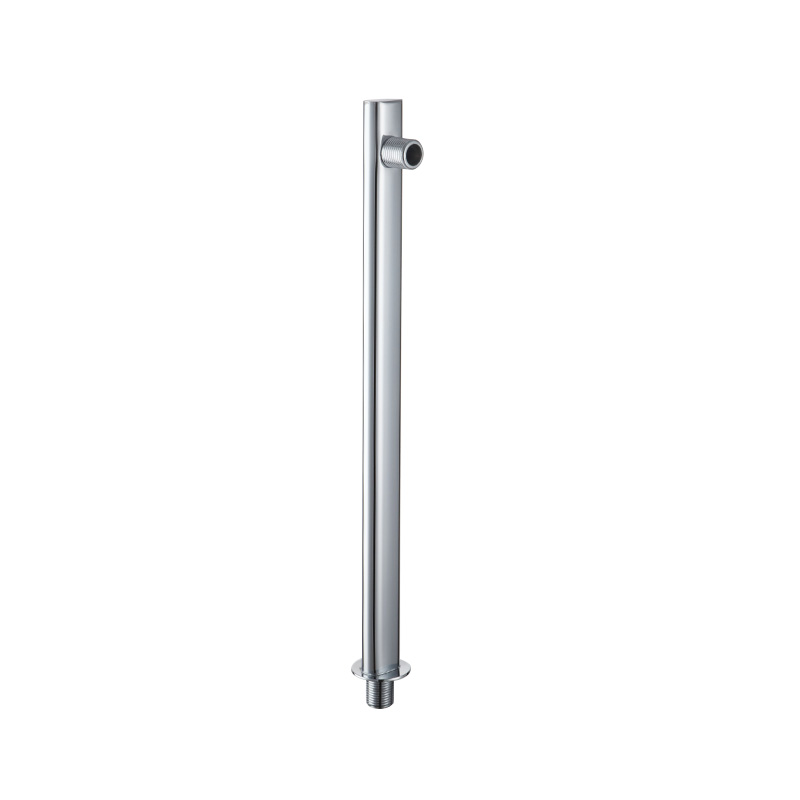Selecting the appropriate Sanitary Ware Manufacturer is a critical step in ensuring the success of any residential, commercial, or industrial project involving bathroom and kitchen fittings. With many options available in the market, it’s essential to evaluate several important factors before deciding which manufacturer aligns with your needs and expectations. A thoughtful approach will help secure products that offer both reliability and value while supporting the overall goals of your project.
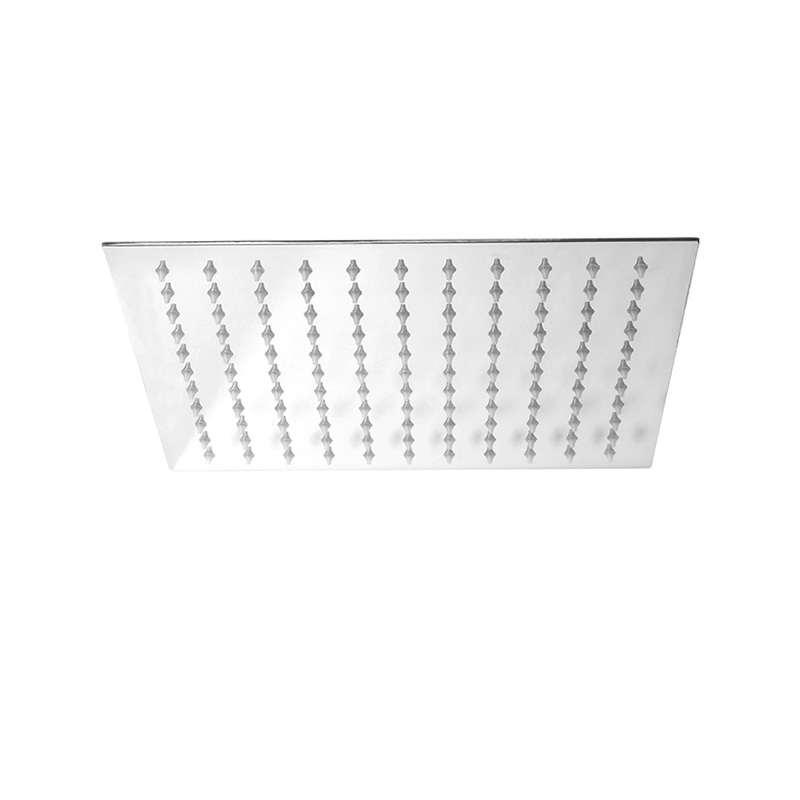
When beginning your search for a Sanitary Ware Manufacturer, the consideration should be product range and specialization. Not all manufacturers offer the same types of products or production capacities. Some focus on ceramic sanitary ware, while others might specialize in stainless steel or composite materials. Reviewing a manufacturer’s catalog and understanding their production strengths ensures that their offerings match your design and functionality requirements.
Another important factor is the production capacity of the Sanitary Ware Manufacturer. Whether you’re sourcing products for a residential building, hotel development, or public facility, consistent supply is essential. It’s wise to inquire about the manufacturer’s production volume, delivery schedules, and ability to accommodate both small and large orders. This information will help you determine if the Manufacturer can meet your project deadlines without compromising product consistency.
Technical capabilities should also be evaluated when choosing a Sanitary Ware Manufacturer. Modern manufacturing often involves advanced equipment and precision processes, especially for producing high-quality sanitary fittings and fixtures. Manufacturers who continuously invest in equipment upgrades and process improvements are better positioned to deliver products that meet strict dimensional and aesthetic standards. Touring the facility or requesting technical process details can provide valuable insight into how the Sanitary Ware Manufacturer operates.
Pricing and value are naturally significant considerations when selecting a Sanitary Ware Manufacturer. Competitive pricing should be balanced with product quality and long-term durability. It’s useful to request quotations for several product categories and compare them alongside factors such as material quality, finishing, and warranty terms. A reputable Sanitary Ware Manufacturer typically provides transparent pricing structures, helping you plan your budget more effectively.
Quality assurance is another essential factor to assess when selecting a Sanitary Ware Manufacturer. Reliable manufacturers implement strict quality control systems to monitor each stage of production, from raw material inspection to final product testing. You may ask to review their quality certificates, in-house testing protocols, or third-party inspection records. A Sanitary Ware Manufacturer with proven quality management ensures that you receive products that meet agreed-upon standards and specifications.
Customer service and communication are equally important when working with a Sanitary Ware Manufacturer. Clear and consistent communication throughout the production and delivery process helps avoid misunderstandings and ensures project timelines are maintained. A manufacturer that responds promptly to inquiries, provides regular updates, and addresses concerns in a timely manner will contribute to a smoother, more predictable project experience.
Logistics and after-sales support should not be overlooked when choosing a Sanitary Ware Manufacturer. Depending on your project location and scale, you may require reliable shipping services, flexible order quantities, and spare parts availability. A manufacturer experienced in handling international logistics or complex delivery arrangements can reduce transportation risks and delays. Additionally, after-sales services such as product installation guidance, technical support, and maintenance advice reflect the manufacturer’s commitment to long-term customer satisfaction.

 English
English 中文简体
中文简体 عربى
عربى Español
Español